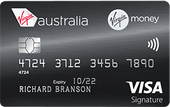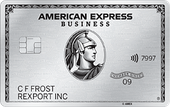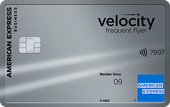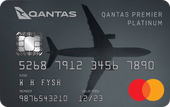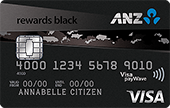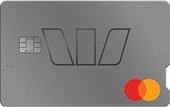What is a free travel insurance credit card?
A free travel insurance credit card provides complimentary travel insurance as part of its benefits package, typically covering international trips. The insurance is underwritten by a third-party insurer and activated when you book travel using the credit card. It can offer protection for medical emergencies, lost luggage, trip cancellations, and other travel-related risks. They are ideal for frequent flyers who want ease of mind before their next trip.
What cover do you get with credit card travel insurance?
The coverage you receive with credit card travel insurance varies between cards. Generally, it includes:
- Overseas medical expenses. Coverage for hospital stays and medical emergencies abroad.
- Trip cancellation. If your trip is cancelled due to unforeseen circumstances, this insurance may cover non-refundable costs.
- Lost or delayed luggage. Compensation for lost, damaged, or delayed baggage.
- Rental vehicle excess. Coverage for the excess on rental car insurance.
- Personal liability. Protection against legal costs for damage caused to third parties during your trip.
It’s essential to review the policy’s Product Disclosure Statement (PDS) to understand specific coverage, limits, and exclusions.
Credit card travel insurance vs a standalone policy
Credit card travel insurance can offer significant savings as it’s included in the card’s annual fee. However, standalone policies may provide more flexibility and customisation, such as covering pre-existing medical conditions or offering higher limits. Credit card insurance often has higher excesses and may require you to book the entire trip on the card to activate coverage, which may not be necessary with standalone policies.
What to consider and how to choose the best travel insurance credit card
When choosing a credit card with travel insurance, consider the following:
- Annual fee. Weigh the card’s annual fee against the cost of purchasing a separate insurance policy. If you travel frequently, the card’s benefits may outweigh the fee.
- Coverage limits. Ensure the card’s insurance policy covers your needs, including sufficient medical cover and baggage protection.
- Activation requirements. Understand what is required to activate the insurance, such as paying for flights or accommodation with the card.
- Exclusions. Check for exclusions, such as coverage limits for older travellers or restrictions on pre-existing conditions.
An expert opinion on why a credit card with free travel insurance can be worth it

David Boyd, co-founder of Credit Card Compare, explains from his own experience why having a credit card with free travel insurance totally worth having.
When we had a medical emergency abroad on a company trip, the first thing that came into my mind was to call my credit card's concierge. My card had a travel insurance policy and their assistance really helped us through what was a very stressful time.
How to activate your credit card travel insurance
To activate your credit card’s travel insurance, you usually need to book a portion or all of your travel expenses (such as flights or accommodation) using the credit card. Some policies also require a minimum spend, often around $500, to trigger coverage. For full coverage, you may need to notify the insurer or register your trip online before departure.
The issuers that offer travel insurance and how to activate each
- ANZ: Requires you to spend $500 on prepaid travel costs using your card.
- Westpac: Coverage activates when you use the card to pay for at least $500 of travel expenses.
- Commonwealth Bank: Similar requirements apply, along with the need to activate insurance through their portal.
What to check before relying on credit card travel insurance
Before relying on credit card travel insurance, ensure that:
- You meet the activation requirements. Failing to activate the policy properly can leave you uncovered.
- Policy limits and exclusions. Be aware of any trip duration limits, exclusions for pre-existing conditions, and high excess amounts.
- Geographical coverage. Some cards exclude certain countries or regions from coverage.
Expert opinion: What is the mistake people make most often?

Andrew Boyd, co-founder of Credit Card Compare, explains a common mistake he sees people making.
A common mistake is assuming the insurance will cover all travel needs without checking the policy details. Cardholders may not activate the insurance properly or assume that all medical conditions and trip lengths are covered. Another common oversight is not considering the high excess fees or the limited scope of coverage compared to standalone policies.
Benefits of credit cards with free travel insurance
- Cost savings: By having travel insurance included as a complimentary credit card benefit, you can save on the cost of purchasing a separate travel insurance policy.
- Convenience: You do not need to buy travel insurance separately because it is automatically included with your credit card, although you are free to do so.
- Comprehensive coverage: Credit cards with free travel insurance often come with a range of coverage benefits that can protect you against various travel-related risks and emergencies, including medical and medivac.
- Added perks: In addition to travel insurance, these credit cards may offer other perks like airport lounge access, concierge services, rewards points, sign-up bonuses, and more.
